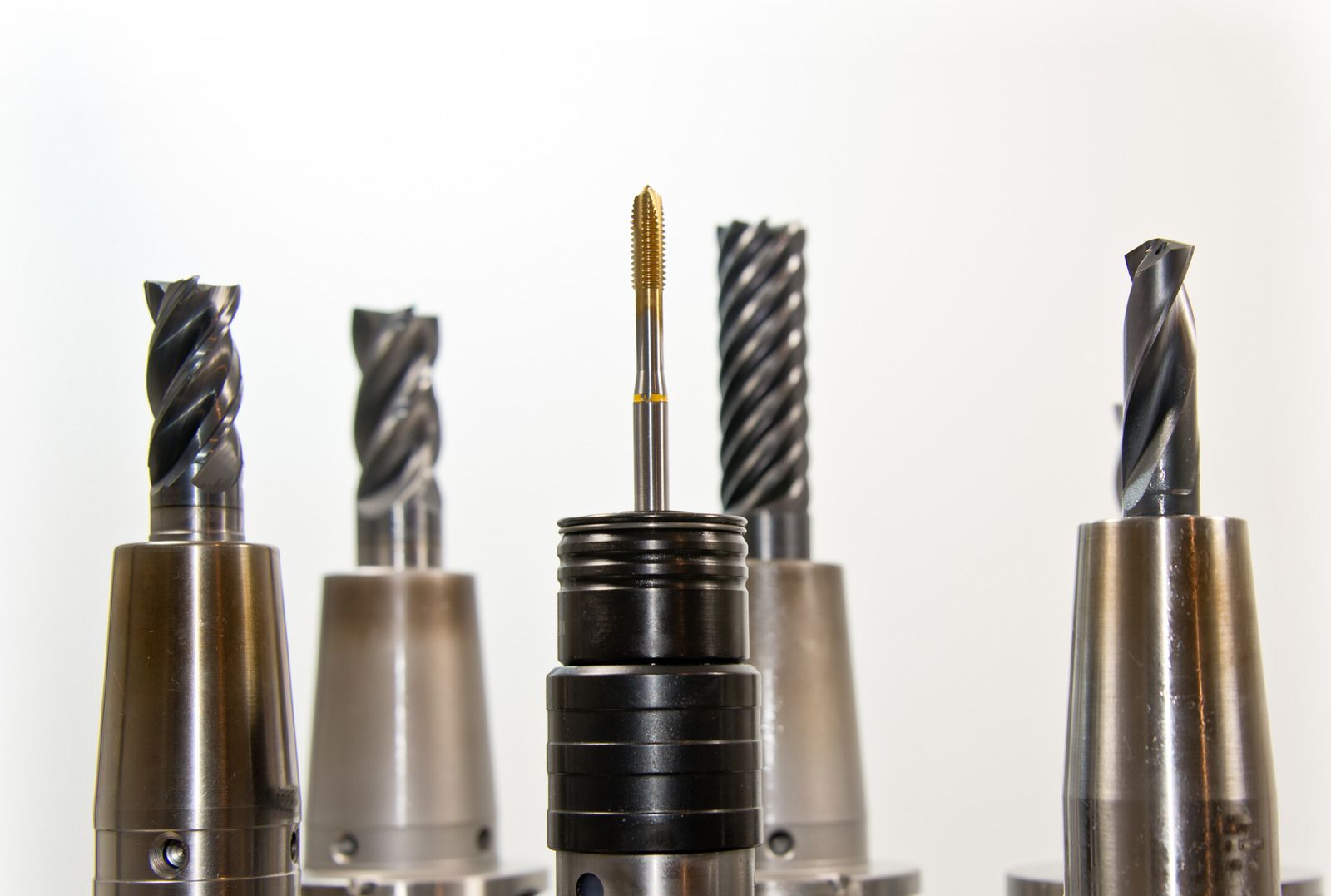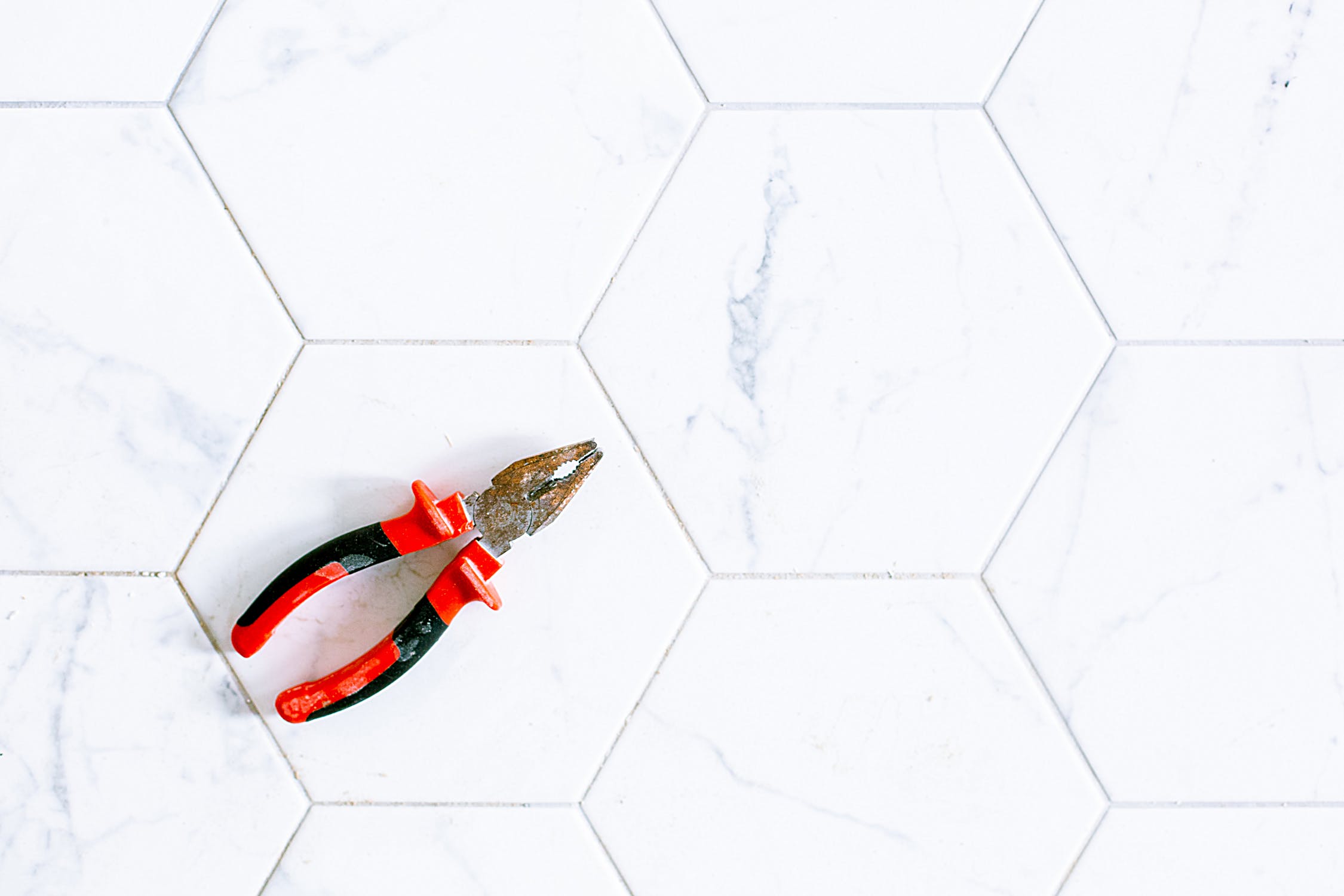Maintenance Jobs You (Or Your Tenants) Should NEVER DIY
The top 8 projects that no matter the circumstances - or your confidence - should be left to a maintenance professional, making every extra penny you might have to spend definitely worth the peace of mind and safety you’ll get in return.

In the last few years, TV, magazines and famous personalities have fueled a “do it yourself” (“DIY”) craze that has left many viewers itching to test their hand at home improvement projects. DIY-ing is definitely a fun and creative outlet, and leaves many feeling empowered and proud after successfully beautifying and/or personalizing their homes. Many also view DIY as a way to save money: a quick search on Google or Youtube will harbor hundreds of “step-by-step” guides that outline how to complete almost every possible project for your home.
This is where things get tricky, especially when home maintenance is concerned - when is it a good idea to put down your tools and pick up the phone to call a professional instead? Maintenance-related projects are fundamentally different as they do not tackle the more “superficial” and decorative aspects of a property, but rather the core, functional aspects. Re-doing a paint job that didn’t turn out is completely different than having to pay thousands of dollars for repairing the structural damages that resulted from a poorly done plumbing, electrical or HVAC job. This week’s article will list the top 8 projects that no matter the circumstances - or your confidence - should be left to a maintenance professional, making every extra penny you might have to spend definitely worth the peace of mind and safety you’ll get in return.

1. Hands-on Electrical Work
Repairing or re-configuring wiring is nowhere near as DIYer-friendly as say, changing a lightbulb or installing a new light fixture - with the latter still being potentially difficult and best left to professional help in cases where additional wiring work is needed. There is a reason why electricians generally charge higher rates: they have to go through extensive professional training to best prepare for safely tackling wiring repairs. Our experts also highlight that a property’s wiring/electrical configuration can be made unique by different electrical work being done throughout the years, which makes it so “one size fits all” procedures that are advertised online are actually completely useless. The main risk of attempting DIY electrical work is being shocked or starting a fire, which are potentially deadly side effects to handling wiring without experience; DIYers can also risk creating further damage that will then require more extensive - and thus pricier - repairs.
2. Gas Appliances
Similar to electrical repairs, working on gas appliances implies handling hazardous materials and facing potentially deadly side effects. Gas furnaces, ovens, water heaters or dryers should only be worked on by professionals: turning off the gas while working on them is not a sufficient precaution. Gas leaks can easily be created by a poorly done project or reassembly, which then makes it so your home becomes exposed to a leak that could cause severe health issues - see carbon monoxide poisoning - or worse, an actual explosion.
3. HVAC
Our HVAC professionals strongly encourage property owners and tenants to stick to the basics - changing filters and cleaning around vents - and letting them handle anything more serious or complicated. Air conditioning and furnace repairs affect the actual air quality within a property: not only is poorly installed or maintained equipment responsible for reducing efficiency and inflating bills, it also can become the root cause of respiratory infections and problems for those living and breathing in the property. Just like electrical professionals, HVAC professionals are required to undergo specialized training, which also allows them to obtain special licenses that legally allow them to work with certain materials: especially when refrigerants are concerned, one would not be complying with the Environmental Protection Agency’s (EPA) regulations by working on air conditioning as a DIYer.
4. Plumbing
That clogged drain might have been a piece of cake to work on, but major plumbing projects - like re-routing existing plumbing or spot-fixing a leak - is a whole different story. Water damage is extremely costly to repair, and even a small leak can be the culprit behind a plumbing-related emergency that costs a property thousands of dollars in damages.
5. Chimney Sweeps
Properties that have chimneys require regular cleanings/chimney sweeps to clear combustion buildups that could cause fires or restrict adequate air flow, which degrades the air quality within the property and can potentially cause severe breathing problems. Our experts encourage scheduling a yearly inspection to ensure everything is in adequate working condition: the actual inspection and cleanup involve working closely to toxic fumes and flammables, which only a professional is safely equipped for.

6. Structural Alterations
While getting rid of existing walls to “open up the space” might sound like a good idea, it cannot be emphasized enough that mistakenly demolishing a wall that might not only be bearing, but also encasing other circuits and piping, will permanently damage a property’s systems and potentially cause major, longlasting structural damages. Additionally, official permits are generally needed to move forward with structural alterations, which is why working with a professional is always best.
7. Pest Extermination
Over-the-counter products, traps and gadgets are rarely ever enough to guarantee the successful extermination of an established pest colony. In most cases, those solutions result in a “surface clearing” without actually affecting nests and nearby populations. Stronger chemicals should not be handled by a DIYer: they are extremely toxic to humans. Professional exterminators will be able to assess the characteristics of a property and treat the area in the most effective way, while being trained in the safe handling of chemicals and products.
8. Siding Installationg
Most people attempting to DIY the installation of siding do so to save money. Our experts warn that poorly secured siding can allow for harsh weather to strip it off and/or for moisture to penetrate underneath, which will damage the frame of the home and thus require repairs that are vastly more expensive than what having a professional doing the installation costs.

9. Tiling
Tiling is one of those projects that is not as dramatically high-risk when it comes to DIY, but it’s important to keep in mind that a botched job will still come with unwanted strings attached. A well-done tiling job will require extremely precise measuring and planning: subtle inaccuracies in tiling placement can still account for a visibly uneven finished product, not to mention that cutting tiles as needed requires even more precision and special tools. Tiling for moisture-prone areas (showers, backsplashes, bathroom floors) needs to be properly insulated and waterproof: if this is not done, water can seep under and cause severe damage.
10. Tree Trimming & Removal
For older/taller/larger trees, trimming and removal is a delicate process that involves dangerous power tools and likely working at a high point off the ground. Hiring trained professionals is the best available option for projects of this kind.

